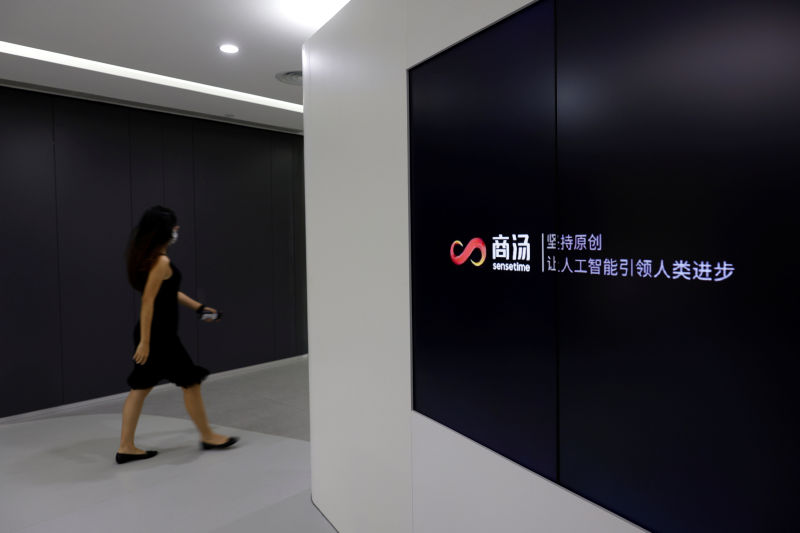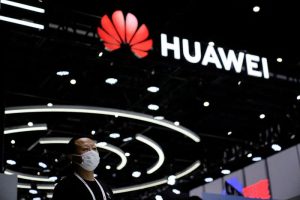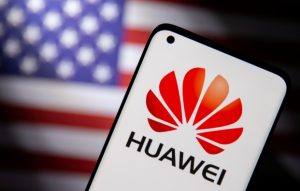SenseTime Group shares jumped as much as 23% from their initial public offering (IPO) price as they debuted on the Hong Kong stock exchange on Thursday.
The Chinese artificial intelligence (AI) start-up raised $740 million in its IPO and priced its shares at HK$3.85 ($0.49) each, at the bottom of the range flagged, valuing SenseTime at $16.4 billion.
The stock reached a high of HK$4.74 in early trading, outstripping the Hang Seng Index that was up just 0.19%. They settled around HK$4.24 – up about 10% – in afternoon trading.
The gains were in contrast to most analysts’ expectations that the shares would slip or trade flat due to the relative weak demand during the IPO process.
SenseTime sold 1.5 billion shares in what was its second attempt to list in Hong Kong in a matter of weeks.
It shelved its first attempt on December 13 after it was placed on a US investment blacklist just as the institutional book build for the deal was being concluded. The blacklisting meant US investors could not participate in the IPO.
The US Treasury added SenseTime to a list on December 10, accusing it of having developed a facial recognition programme to determine ethnicity, with a focus on identifying ethnic Uyghurs.
SenseTime relaunched the deal on December 20, but with a higher cornerstone investor stake.
- Reuters with additional editing by George Russell
READ MORE:
SenseTime Relaunches $767m Hong Kong IPO
SenseTime Delays Rollout of AI Casino: FT
Nvidia could be a giant in the age of artificial intelligence
























